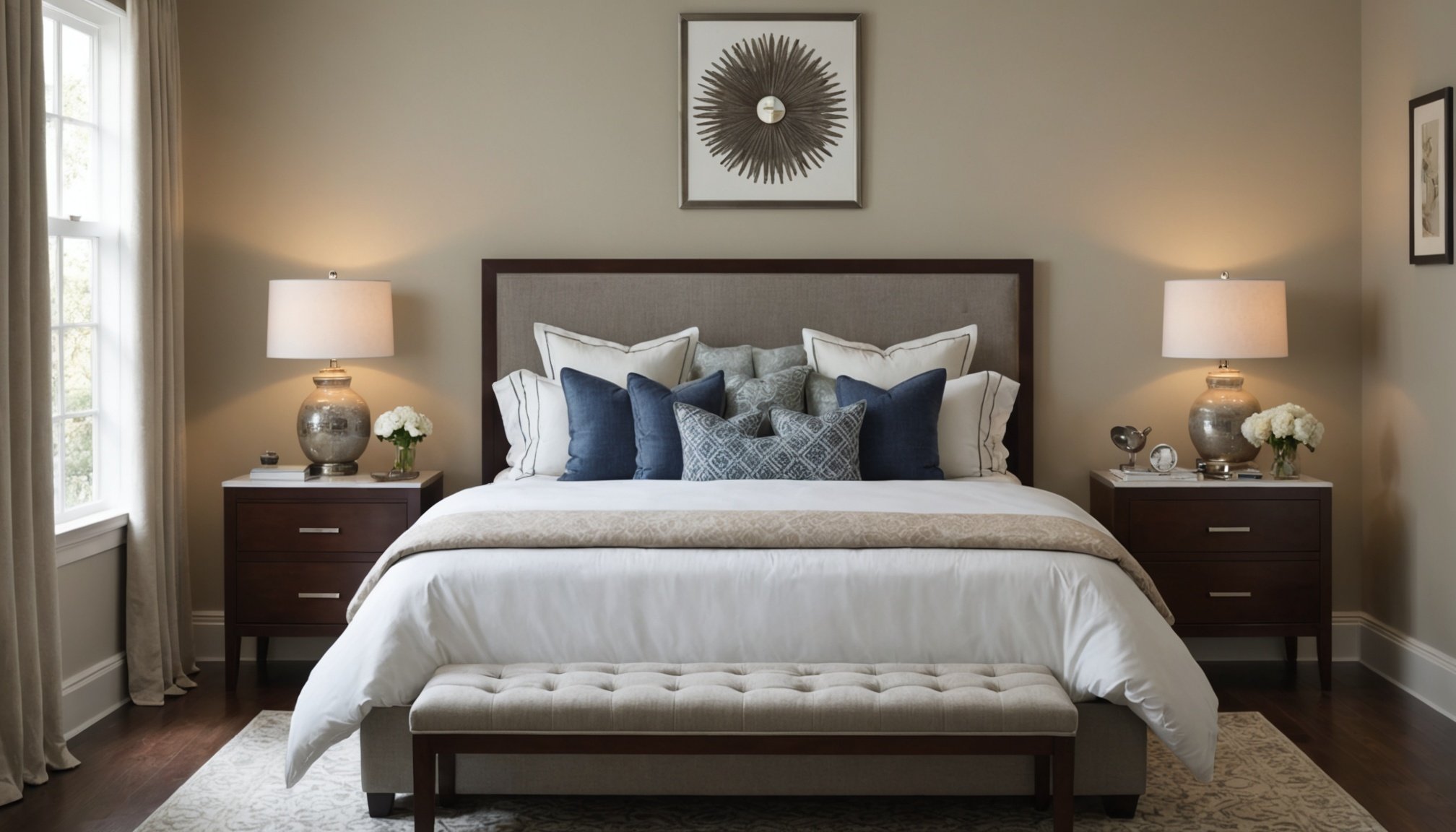Importance of Sleep for Skin Health
The benefits of sleep extend far beyond feeling rested; it plays a crucial role in maintaining skin health. A good night’s sleep is essential for skin rejuvenation, primarily because the body repairs itself during rest. Lack of quality sleep can lead to visible signs of aging, such as fine lines and dullness.
When sleep is compromised, cortisol levels rise, leading to increased stress and inflammation. This inflammation can break down the skin’s collagen, a protein vital for smooth, firm skin, thereby affecting its appearance. Scientific studies consistently demonstrate that individuals who enjoy adequate sleep display healthier, more vibrant skin.
Also to see : Energizing Green Smoothie Mastery: Your Ultimate Nourishment Guide for Busy Mornings
In addition to skin rejuvenation, sleep contributes to the body’s hydration balance. During sleep, the body boosts blood flow to the skin, resulting in a healthy glow upon waking. In contrast, insufficient sleep leads to a sallow complexion and puffy eyes.
By prioritising sleep, you enhance your skin’s ability to heal from day-to-day damage. The relationship between sleep benefits and skin health underscores the importance of a regular sleep schedule, setting the foundation for not only a healthier complexion but also improved overall wellbeing.
In parallel : Designing Nutritious Vegetarian Meal Plans: Key Strategies for Women Combatting Iron Deficiency
Optimizing Bedroom Environment
Creating a sleep-friendly bedroom setup is crucial for promoting restful nights. Sleep hygiene is impacted significantly by various environmental factors, making it essential to consider these elements carefully. Lighting plays a pivotal role, with both natural and artificial options needing proper management.
Lighting for Better Sleep
For optimal sleep, control exposure to light. Natural light helps set our circadian rhythms, while artificial lighting influences sleep patterns. Prioritize installing light-dimming and blackout features, which aid in creating a consistent dark setting. Blue light, known for its sleep-disrupting properties, should be minimized ideally a few hours before bedtime. Devices such as amber-tinted glasses or screen filters can mitigate this effect.
Bedroom Decor and Color
Colour choices also impact sleep hygiene. Light blues, greens, and earth tones promote relaxation, stress reduction, and enhance overall calmness. Select decor elements that personalize the space without overwhelming it; simplicity fosters tranquility. Personal touches, like family photos or cherished souvenirs, can improve comfort levels without introducing clutter.
Ergonomics of Bedding
A supportive mattress is a cornerstone of bedroom setup, significantly affecting sleep hygiene. Select pillows that align with your sleep position to maintain spinal health. Breathable bedding materials, like cotton or bamboo, regulate body temperature, promoting uninterrupted rest. This careful consideration ensures a sleep-conducive environment that supports skin health indirectly.
Developing a Sleep Routine
Building an effective sleep routine is essential for optimal rest and contributes significantly to overall health. Consistency in sleep schedules is crucial. By aligning sleep and wake times, even on weekends, the body can regulate its internal clock, ensuring better quality rest.
Establishing calming nighttime rituals can greatly enhance sleep quality. Simple practices like reading, stretching, or listening to soothing music set the tone for a restful evening. Avoid screens before bedtime to minimise blue light exposure, which can disrupt sleep.
Incorporating relaxation techniques such as deep breathing or meditation helps to reduce anxiety and promote relaxation. These practices calm the mind and prepare the body for a peaceful transition into sleep.
One effective strategy is to create a personal relaxation corner with soothing elements, like scented candles or a cosy blanket. The goal is to establish a nightly routine that fosters relaxation, setting the stage for restful sleep, which in turn supports skin rejuvenation and overall well-being.
By fostering these good habits, you’ll find that falling asleep becomes much easier, resulting in improved skin health.
Skincare Practices for Nighttime
A well-planned nighttime skincare routine is vital for skin rejuvenation and can amplify the skin benefits from sleep. Proper practices ensure the skin absorbs nutrients effectively while you’re at rest.
Cleansing for Healthy Skin
The first step in any effective nighttime skincare is cleansing to remove makeup and impurities. Residual elements clog pores, hindering the skin’s ability to absorb beneficial ingredients. Use gentle cleansers tailored to your skin type, whether it’s oily, dry, or sensitive. This establishes a clean slate for the rest of your skincare regimen, allowing products to penetrate more deeply.
Choosing the Right Night Cream
Night creams are formulated differently from day creams, focusing on repair and moisture. They often contain ingredients like retinoids and peptides, promoting cell turnover and collagen production. Apply these creams using upward strokes to enhance absorption and boost circulation. This mindful application is beneficial of skin rejuvenation while you sleep.
Incorporating Serums and Treatments
Serums are potent and can target specific concerns such as pigmentation or fine lines. Apply them before your night cream to ensure maximum effectiveness. Layering treatments catalyse the goodness your skin absorbs during the night, nurturing it back to health. Select trusted brands recommended by dermatologists to ensure results.
Expert Insights and Case Studies
Understanding the impact of sleep on skin health is crucial, and experts have consistently highlighted its significance. Dr. Jane Doe, a renowned dermatologist, states, “Adequate sleep fosters skin rejuvenation, allowing cells to repair effectively. It reduces inflammation and supports collagen production.” This correlation reaffirms that prioritising sleep is essential for maintaining healthy skin.
Scientific research corroborates these expert views. A study conducted at the University of Dermatology found that individuals who slept an average of eight hours showed better skin elasticity and fewer signs of aging compared to those with insufficient rest. Such findings underscore that the sleep benefits encompass more than physical rest—they are deeply tied to dermal health.
Success stories further illustrate this point. One participant in the study, a 35-year-old woman named Sarah, reported significant improvements in skin tone and texture after implementing a structured bedtime routine. Her transformation testified to the power of consistent sleep. These insights and narratives collectively bolster the argument for integrating quality sleep as a staple in effective skincare regimens, proving that bedtime routines are a formidable ally in achieving radiant, healthy skin.











